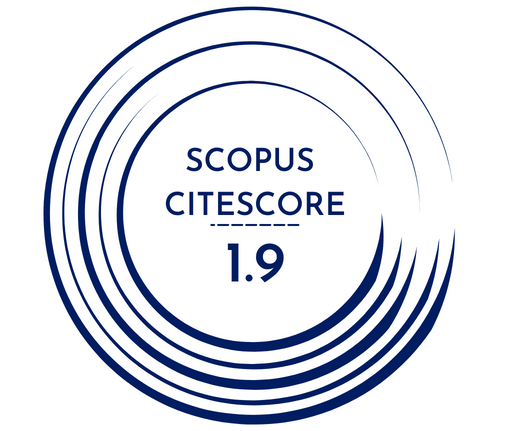Adverse life experiences in childhood are considered to be associated with emotional and cognitive development as well as brain structure and functions. It is suggested that they might reduce neurogenesis, which in turn may cause memory, learning, functional stress response disturbances. It is known that hippocampal neurogenesis is affected by stress, hormones, aging, environment and activity. Exposure to acute or chronic stress may result in suppression of one or more phases of neurogenesis. In animal studies, reduction of neurogenesis in the caudal part of the hippocampus was shown after maternal separation of 3-weeks old rats. Although it was reported that the suppression was reversible after appropriate time and treatment in some studies, some other writers suggest that early life stress in the first 2 weeks can cause irreversible reduction in neurogenesis. Besides, there is an argument that neurogenesis can not increase by learning in the animals which were exposed to prenatal stress. One suggested reason for this lifetime persistency of reduced neurogenesis is that stress occurring in early childhood coincides with the development of dentate gyrus. It has been shown that corticosteroids inhibit neurogenesis in the hippocampus, subventricular zone and olfactory epithelium and this inhibition can remit by pharmacological treatments. There are case reports and studies with limited cases, which suggest that effective psychotherapy can reduce symptoms and this reduction can change the in the hypothalamic-pituitary axis. It may be hypothesized that in an effective psychotherapy process, coping with stress, new relationship experiences and learning can increase neurogenesis and this may be one of the mechanisms of effectiveness of psychotherapy. This hypothesis should be tested with animal and human studies in which neurobiology; psychiatry and neuroscience disciplines can interact and work together.
References:
1. Korosi A et al. Early-life stress mediated modulation of adult neurogenesis and behavior. Behav Brain Res. (2011) doi:10.1016/j.bbr.2011.07.037
2. McEven BS. Stress, sex, and neural adaptation to a changing environment: mechanisms of neuronal remodeling. Ann NY Acad Sci 2010 Sep;1204 Suppl:E38-59.
3. Miranda Olffa, Giel-Jan de Vriesa, Yener Guzelcana, Johanna Assiesc, Berthold P.R. Gersons. Changes in cortisol and DHEA plasma levels after psychotherapy for PTSD. Psychoneuroendocrinology (2007) 32, 619–626

.jpg)
.png)
